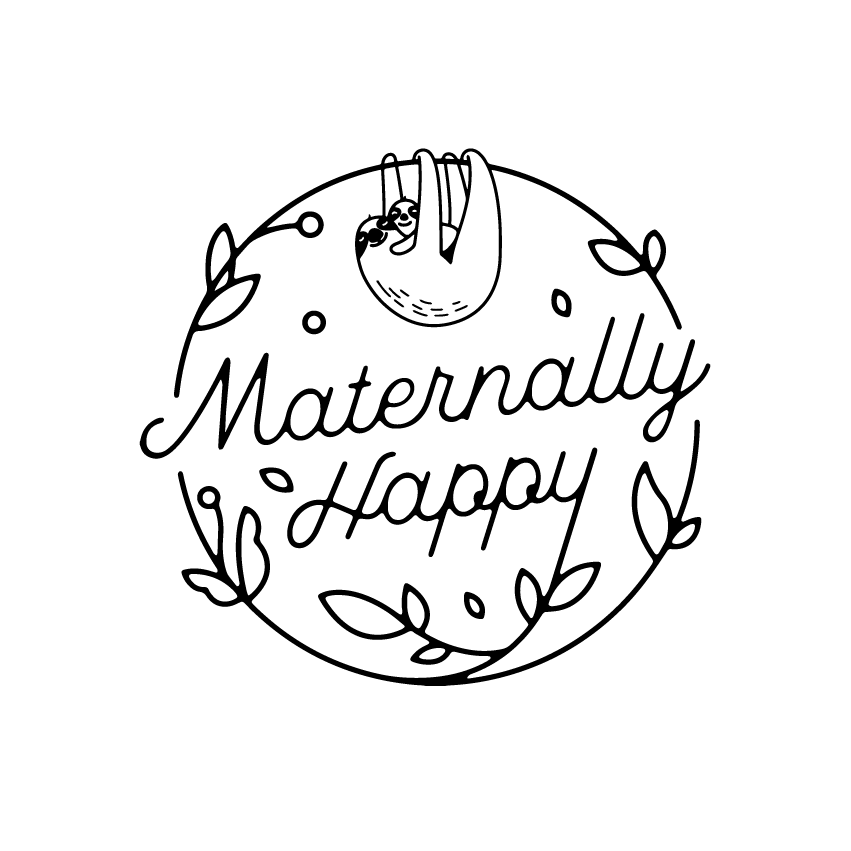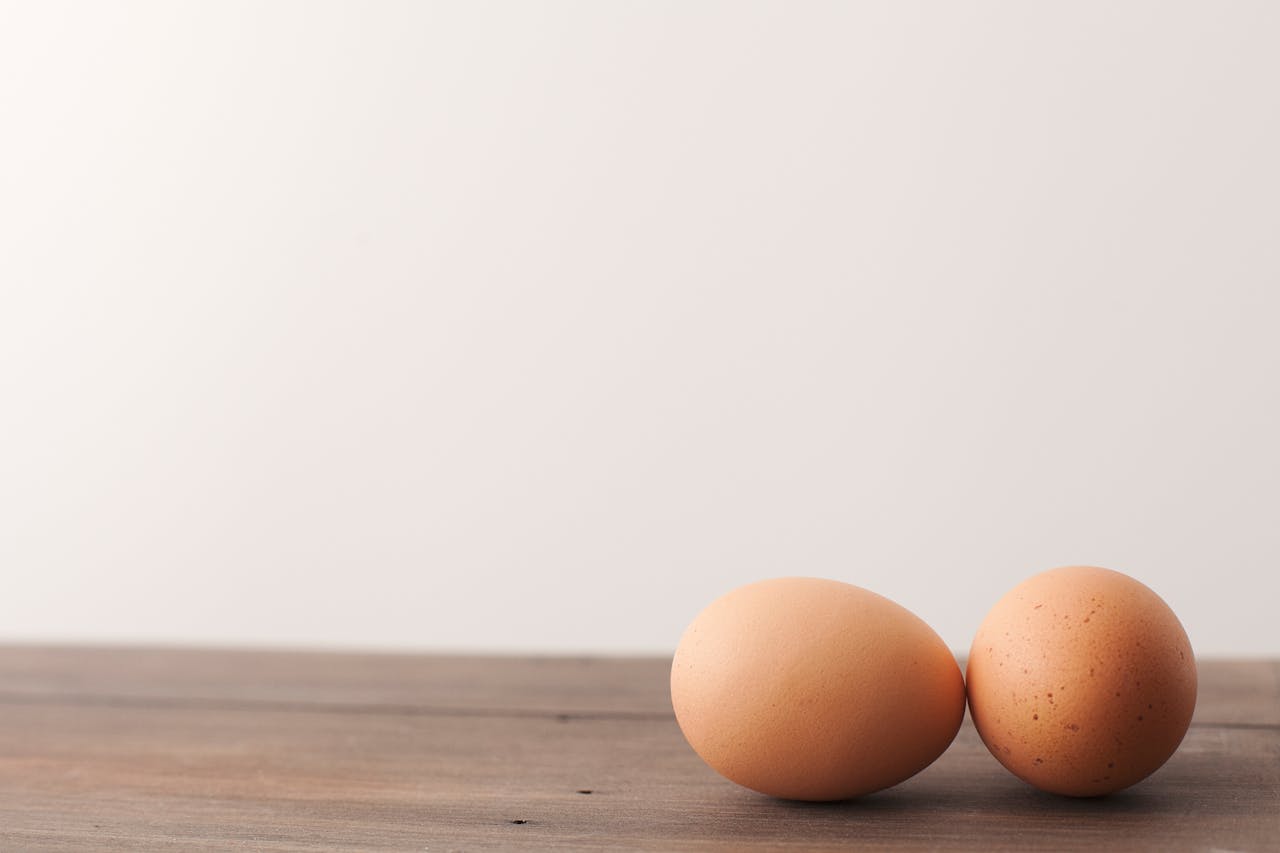




Choline is increasingly being recognised as a critical nutrient during pregnancy, yet it remains largely under-consumed. From supporting fetal brain development to aiding neural tube formation, choline plays multiple vital roles throughout gestation.
According to the National Health and Nutrition Examination Survey (NHANES), only about 10% of women meet their recommended choline intake - a gap that raises concerns for both maternal and fetal outcomes [1]. Adding to the concern, most prenatal vitamins on the market either exclude choline or provide insufficient doses [2].
Choline is a water-soluble compound often grouped with the B-vitamin family. It is essential for numerous physiological processes including cell membrane integrity, neurotransmitter synthesis (especially acetylcholine), and methylation. Importantly, choline works synergistically with folate, particularly in neural tube development [3].
During pregnancy, large amounts of choline cross the placenta to support fetal growth - leading to significant depletion of maternal stores. Research also shows that choline concentrations in amniotic fluid can be up to 10 times higher than in maternal blood, underscoring its critical role in fetal development [4].
1. Minimises Risk of Neural Tube Defects (NTDs): Like folate, choline is involved in one-carbon metabolism, which is essential for DNA synthesis and methylation. Studies have shown that inadequate choline intake in early pregnancy is associated with increased risk of NTDs, especially in women with low folate status [6].
2. Supports Fetal Brain Development and Cognitive Function: Choline is required for synthesis of phosphatidylcholine and sphingomyelin - key components of the developing fetal brain. Higher maternal choline intake has been associated with improved memory and attention span in children [7, 8].
3. May Reduce Risk of Intrauterine Growth Restriction (IUGR): Animal and human studies suggest that choline supplementation can improve placental function and reduce markers associated with growth restriction [9].
4. Essential for Cell Membrane Structure and Signalling: Choline-derived compounds are integral to cell membrane structure and signalling, supporting healthy tissue development and cellular communication [3].
5. Supports Maternal Liver and Placental Function: Choline helps regulate fat metabolism in the liver, which can reduce the risk of pregnancy-associated fatty liver disease. It also supports optimal placental transport and vascular development [10].
Women with a history of NTDs or midline defects in prior pregnancies
Choline Bitartrate when it comes to pregnancy is a well-absorbed and widely used supplemental form.
Jensen, H. et al. (2007). Choline in the diets of the U.S. population: NHANES 2003-2004. ResearchGate
Zeisel, S.H. et al. (2009). Choline: critical role during fetal development and dietary requirements. PMC2782876
Institute of Medicine. (1998). Dietary Reference Intakes for Thiamin, Riboflavin, Niacin, Vitamin B6, Folate, Vitamin B12, Pantothenic Acid, Biotin, and Choline.
Shaw, G. et al. (2009). Choline and neural tube defects in a folate-fortified population. PMC2441939
Fennema, D. et al. (2017). Bioavailability of different choline forms in foods and supplements. FASEB Journal
Yan, J. et al. (2012). Maternal choline intake modulates fetal brain development in humans. PMC5579609
Caudill, M.A. et al. (2018). Maternal choline supplementation during the third trimester improves infant information processing speed. PubMed PMID: 29217669
Wu, B.T. et al. (2011). Choline intake during pregnancy improves child cognition. PubMed PMID: 19593156
Jiang, X. et al. (2012). Maternal choline supplementation improves placental nutrient transport. PMC5579609
Fischer, L. et al. (2010). Effects of choline on liver and placental function in pregnancy. PMC
This article is intended for educational purposes only. Please consult your healthcare provider before making any changes to your supplement routine, especially during pregnancy.
About the Author
Caitlin Gilmore: Nurse, Midwife & Nutrition Consultant

Caitlin is the founder of Maternally Happy, an Australian women’s health brand specialising in bioavailable supplements, prenatal vitamins, and evidence-based resources to support women from preconception to postpartum. With qualifications as a Nurse, Midwife, and Nutrition Consultant, she combines a decade of clinical experience with nutritional expertise to deliver trustworthy, research backed advice.
Her writing focuses on fertility, pregnancy, postpartum recovery, PCOS, and hormonal health, helping women cut through confusion with practical, evidence-based information. Having personally navigated PCOS and the challenges of women’s healthcare, Caitlin is deeply passionate about empowering others to make informed choices for their health and their families.
When she’s not formulating practitioner-grade supplements or supporting her online community, you’ll find her enjoying a chai latte, spending time with her family, friends and 2 border collies and hiking in nature.